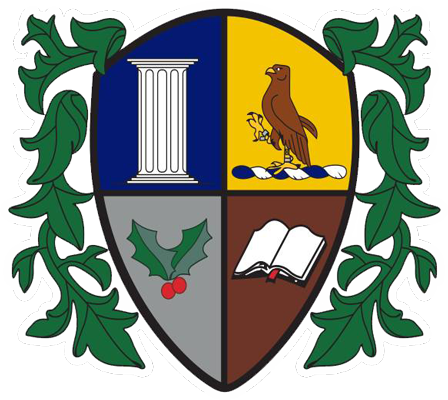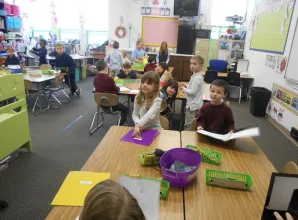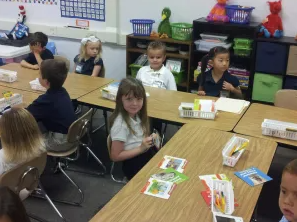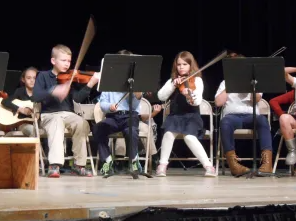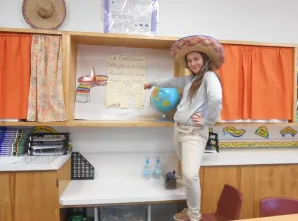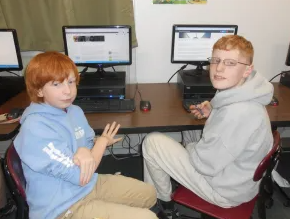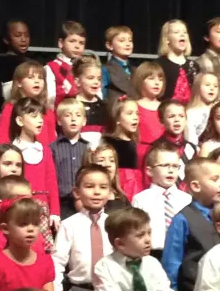Holly Academy: Curriculum Overview
Curriculum Overview
Assessments
Holly Academy measures student learning several times throughout the school year, beginning with an initial benchmark assessment (NWEA MAP) each fall, winter, and spring. We believe in looking at more than one data point, therefore, additional assessments are given. These assessments may include, but aren’t limited to: DRA (Developmental Reading Assessment), Acadience, M-Comp, M-Cap, STAR Reading and STAR Math.
Reading
Holly Academy believes and recognizes that successful readers become successful lifelong learners. It is our responsibility to provide students the tools needed to become successful readers and learners.
Our reading program begins in Young 5’s as we systematically introduce, practice, and begin to master sounds and symbols in our language, through teaching of phonics and phonemic awareness. Comprehension of what is read is equally important. Just recognizing and/or reading words is not useful if what’s read is not understood.
Comprehension skills are taught, modeled, practiced, and evaluated at every grade level. All genres of reading are presented to students: informational, narrative, novels, poetry, drama, etc. Active participation is encouraged throughout the grades.
Holly Academy utilizes the MAISA Units for our English Language Arts curriculum. The MAISA Units were developed by K-12 teachers across the state of Michigan. They are aligned to the Michigan Academic Standards. Teachers are encouraged to incorporate other curriculum resources to supplement targeted areas not represented in the units of study.
During the 2024-2025 school year, our first and third-grade teaching teams are piloting the Benchmark Advance curriculum.
Math
Mathematics plays a prominent role in modern life. Holly Academy’s math curriculum provides holistic instruction so that children can master mathematical concepts. Instruction in mathematics must emphasize content (facts and skills) and processes (the modes of thinking). Students are taught a constructivist approach through the process of thinking in mathematical terms and creating solutions for problems encountered in daily life. Through critical thinking, cooperative and individual lessons, writing activities, memorization, and hands-on experiences, students acquire authentic learning of mathematical concepts. Instruction is thematically based with integration in all subject areas.
Social Studies
Our social studies curriculum helps build four capacities: subject knowledge, thinking skills, commitment to the core democratic values, and citizenship. Teachers guide learners to move beyond memorization by creating engaging learning experiences which demand sustained, disciplined, and critical thought on topics that have relevance to life beyond school. The goal of our teachers is to help students to continually evaluate and focus on how to improve individual life skills and become life-long learners.
Technology
Young five – fifth grade students visit a computer lab bi-weekly to develop basic technology literacy. They master the ability to responsibly use appropriate technology to communicate, solve problems, and access, manage, integrate, evaluate, and create information to improve learning in all subject areas and to acquire lifelong skills for the 21st century. Middle school students integrate technology literacy into their assignments using the technology available in classrooms and the computer labs. Second through eighth grade students access technology through one to one Chromebooks.
